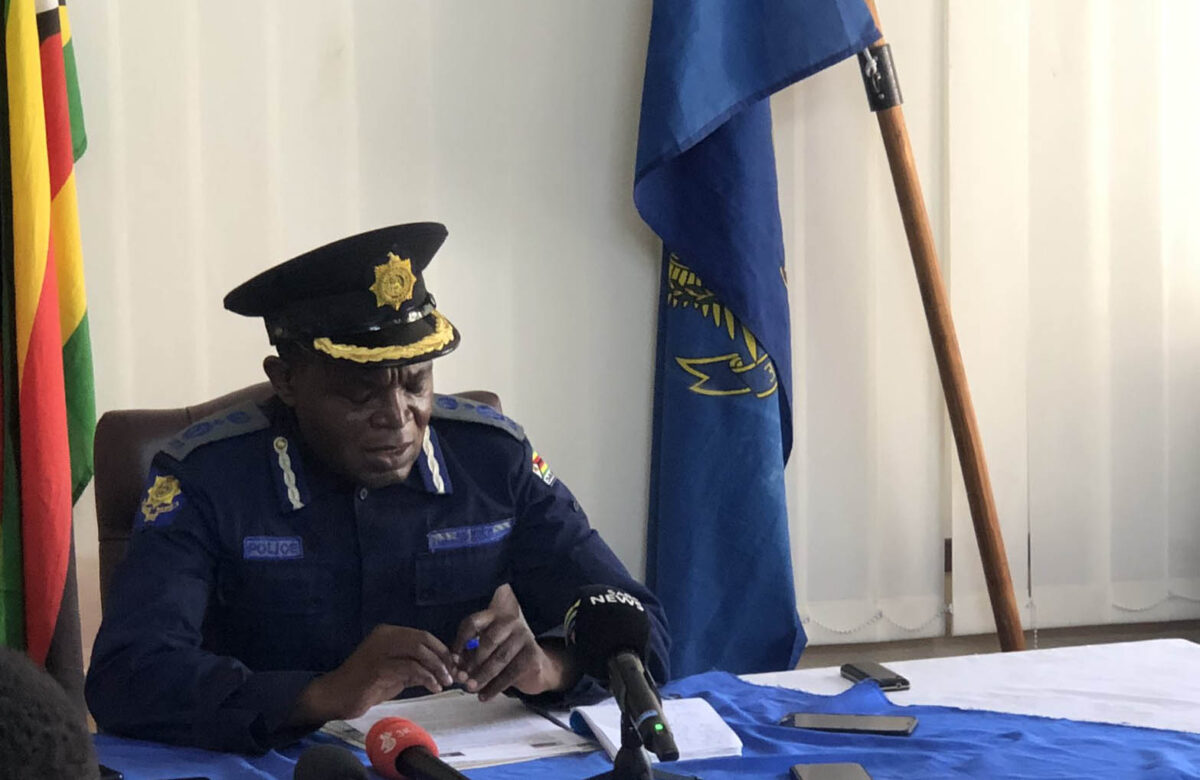HARARE – Journalist Edmund Kudzayi was freed on $100 bail on Saturday following his arrest for “unlawful possession of camouflage uniform,” his lawyer said.
Kudzayi, the editor of the ‘Kukurigo’ WhatsApp news platform, was seized at a police roadblock on Friday morning after soldiers demanded to search his vehicle.
The charge sheet says Kudzayi was “found in possession on a camouflage umbrella with a pouch”.
Following a brief hearing before magistrate Edwin Marecha on Saturday, Kudzayi was released on bail. He must reside at his provided address until the case is finalised, the magistrate said.
He will return to court on March 8, during which time his lawyer Obey Shava of the Zimbabwe Lawyers for Human Rights said they will ask a court to throw out the charges.
Shava said the charge faced by the former Sunday Mail editor was “ridiculous”.
Legal commentator Alex Magaisa said: “I have looked at the statute and the charge is plain nonsense.”
Section 32 of the Criminal Law (Codification and Reform) Act criminalises unlawful possession and wearing of “any camouflage uniform.” It defines camouflage uniform as “any article of wearing apparel made of material carrying military-style camouflage markings.”
Lawyers say an umbrella does not fit the description of “wearing apparel” or “uniform”.
The government claims criminals wearing army uniforms have been responsible for a spate of criminal activities since widespread fuel protests on January 14, including fraud, armed robbery, rape and murder. Some of the uniforms were allegedly stolen, the government claims by opposition activists.
The Zimbabwe National Army, in a February 20 public notice, said it would conduct “snap searches for ZNA uniforms and other resembling clothing items in residential areas starting this weekend.”
“This has been necessitated by the sharp rise in cases of theft, robbery, etc, executed using military regalia mostly by rogue elements of the society. Members of the public are urged to voluntarily surrender these clothing items to the search teams before the searches are conducted or surrender them to the nearest police station of army camp,” the army said.
The threat of house-to-house searches will alarm Zimbabweans who are still reeling from a brutal crackdown by the military in the wake of the January protests. Human rights groups say over 17 people have been killed and over 600 others brutalised after the police and army went door-to-door in residential areas on the pretext of hunting for “looters.”















